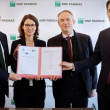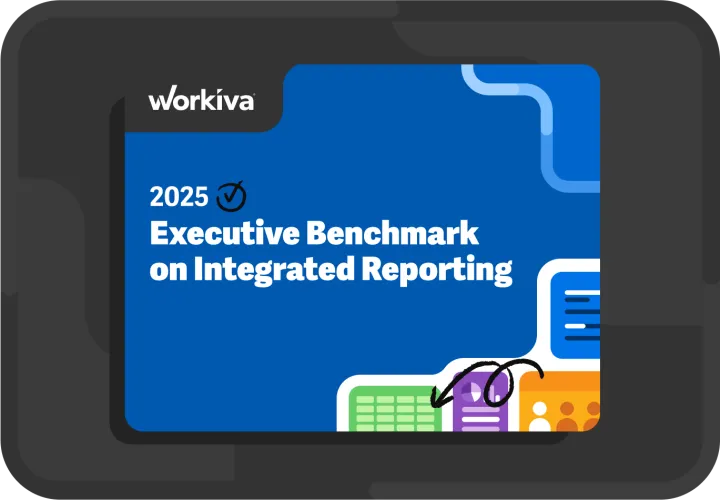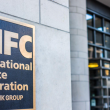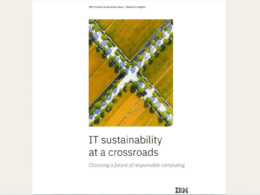Companies that merge financial and sustainability data are strengthening their market position, according to Workiva Inc.’s 2025 Executive Benchmark Survey. The study, which surveyed 1,600 global executives, found that 97% believe sustainability reporting will provide a business advantage within the next two years, while 96% of investors link it to improved financial performance.
Despite regulatory uncertainty, corporate commitments to sustainability remain steadfast. More than 10,000 organisations—marking a 29% increase from the previous year—have either set or pledged to set science-based decarbonisation targets. Meanwhile, 24 U.S. states and over 190 countries continue to align with the Paris Climate Agreement, reinforcing long-term sustainability commitments.
Business leaders view integrated reporting as essential for long-term success. “CEOs are making decisions today that will shape their companies for years to come,” said Julie Iskow, CEO of Workiva. “Assured financial and sustainability reporting is more than regulatory compliance—it is a strategic tool to manage risk, enhance performance, and strengthen investor confidence.”
“Forward-thinking companies aren’t waiting—they are adopting science-based targets and strengthening their disclosures,” said Tensie Whelan, Distinguished Professor of Practice at NYU Stern. “Sustainability and integrated reporting go beyond risk management; they offer a competitive advantage that attracts capital and supports long-term growth.”
According to he study, 97% of executives say integrated financial and sustainability data helps identify performance gaps and financial growth opportunities. Also, 85% of businesses intend to proceed with climate disclosures, regardless of political changes. Additionally, 92% of investors consider data accuracy essential for evaluating organisations, yet nearly a quarter of executives lack full confidence in their financial data. 93% of institutional investors are more likely to invest in companies that integrate financial and non-financial reporting.
Executives from global firms highlight the financial and strategic benefits of sustainability integration.
Allyson Anderson Book, Chief Sustainability Officer at Baker Hughes, underscored the business case for sustainability. She said, “By making our operations more sustainable, we drive efficiencies that directly impact our bottom line. Our investor-grade ESG data and reporting demonstrate a transparent, long-term approach to investors.”
Ida Bohman Steenberg, Chief Sustainability Officer at Tietoevry said, “The Corporate Sustainability Reporting Directive (CSRD) is a game changer, helping us integrate financial and impact materiality assessments to identify key risks and opportunities. When CFOs and CSOs align on these priorities, we make better decisions and enhance performance.”
Maher Al-Haffar, Chief Financial Officer at CEMEX echoed this sentiment, “Executives I speak with recognise that sustainability is not optional. It plays a crucial role in profitability. As CFOs, we need to provide investors with quantifiable sustainability data to inform their models.”
The survey findings highlight a growing consensus among executives and investors that integrated financial and sustainability reporting is no longer just a compliance measure—it is a critical strategy for risk mitigation, financial performance, and long-term business resilience.





















